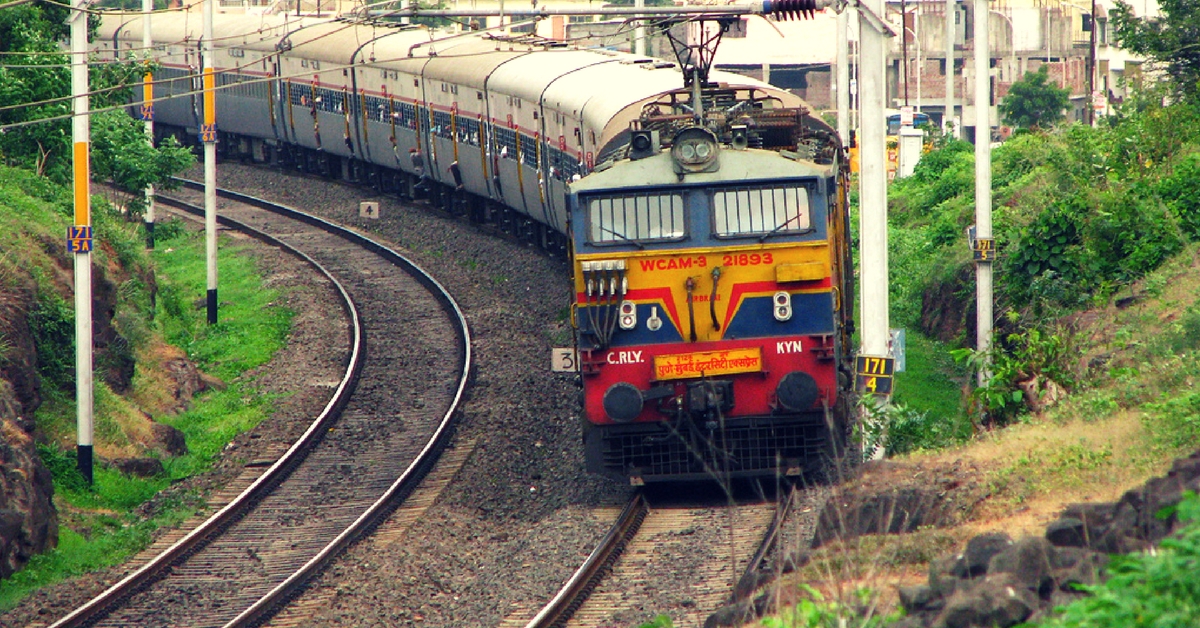DMRC, BEL Collaborate on Indigenous Train Control System
The Delhi Metro Rail Corporation (DMRC) and Bharat Electronics Limited (BEL) have partnered to develop an indigenous communication-based train control (i-CBTC) system. The collaboration aims to drive innovation, reduce costs, and promote self-reliance in the field of train control signalling systems.
Key points from the partnership include:
- The development and deployment of a prototype i-CBTC product on a designated test track within the DMRC network.
- The adoption of a Communication-Based Train Control System to optimize train operations, increase frequency, and enhance passenger services.
- The reduction of dependence on foreign vendors and the promotion of indigenization and standardization in metro signalling and train control systems.
How does the development of the i-CBTC system align with the “Make in India” initiative, and what significance does it hold for the Delhi Metro?
The development of the i-CBTC system aligns with the “Make in India” initiative championed by the Government of India. It signifies a significant leap forward for the Delhi Metro as it embraces a cutting-edge train control system, optimizes train operations, increases frequency, and enhances passenger services while efficiently utilizing rail infrastructure.
What is the role of the indigenous Automatic Train Supervision System (i-ATS) in the Delhi Metro’s commitment to innovation, and how does it relate to the i-CBTC project?
The DMRC deployed the indigenous Automatic Train Supervision System (i-ATS) on its Red Line earlier, tailored to Indian conditions, showcasing its commitment to innovation. The i-CBTC project represents a monumental stride towards self-reliance in metro signalling and train control systems, reducing dependence on foreign vendors and fostering indigenization and standardization.
How does the collaboration plan to achieve self-reliance in metro signalling and train control systems, and what expertise is involved in this endeavor?
The collaboration aims to achieve self-reliance by developing and deploying an indigenous train control system. It involves a dedicated team of 50 engineers from DMRC and BEL with expertise in signalling technology, software development, hardware development, safety processes, RAMS, testing, and more. This expertise is essential in driving the project towards self-reliance and innovation.
Month: Current Affairs - September, 2023
Category: India Nation & States Current Affairs







